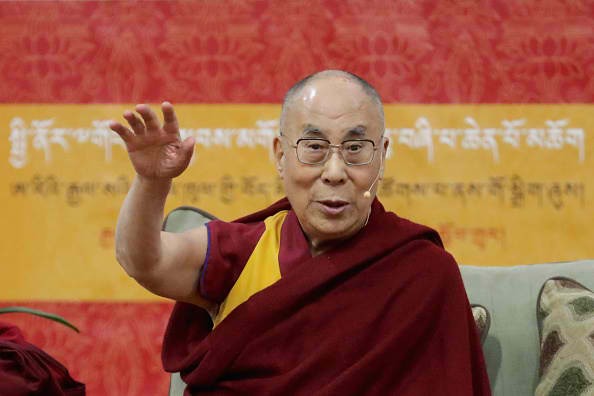The future of Tibetan Buddhism should be in the hands of the Chinese government, according to Wang Dehua, the co-director for the Centre for South Asia Studies of Tongji University in Shanghai.
The rule of choosing the next leader dates back to the Qing Dynasty where it gave power to itself to approve the reincarnations.
He said, "The government of the People's Republic of China has proclaimed the power to approve the naming of 'high' reincarnations in Tibet, based on a precedent set by the Qianlong Emperor of the Qing Dynasty."
The expert also said that the Dalai Lama is in no position to change the tradition because the rule was already in practice since 1959. The Chinese government will support the next Dalai Lama if the leader follows Chinese history and traditions.
The Dalai Lama claimed, in Tawang, near the Chinese border in Arunachal Pradesh, that the next Tibetan spiritual leader should be chosen by the people.
"Beijing's bid to name my successor to undermine the Tibetans' cause is 'nonsense,'" he said.
"As early as 1969, I had said the Tibetan people will decide if this very institution of Dalai Lama should continue or not. If this institution is no longer relevant, it should stop," he added.
He also said that it is not unusual for China to put political color to his visits to Arunachal Pradesh. He also compared the atrocities in China to the deaths caused by Cambodia's Pol Pot.
The Dalai Lama said that Tibet is open to having good relations with China and respects the One China policy. He also said that Tibet only wants respect to their language and culture.
"Tibet has had very good relations with China for thousands of years. I have no issues with One China policy ensuring economic benefit to Tibet provided we have the right to preserve our culture and language," he said.



























